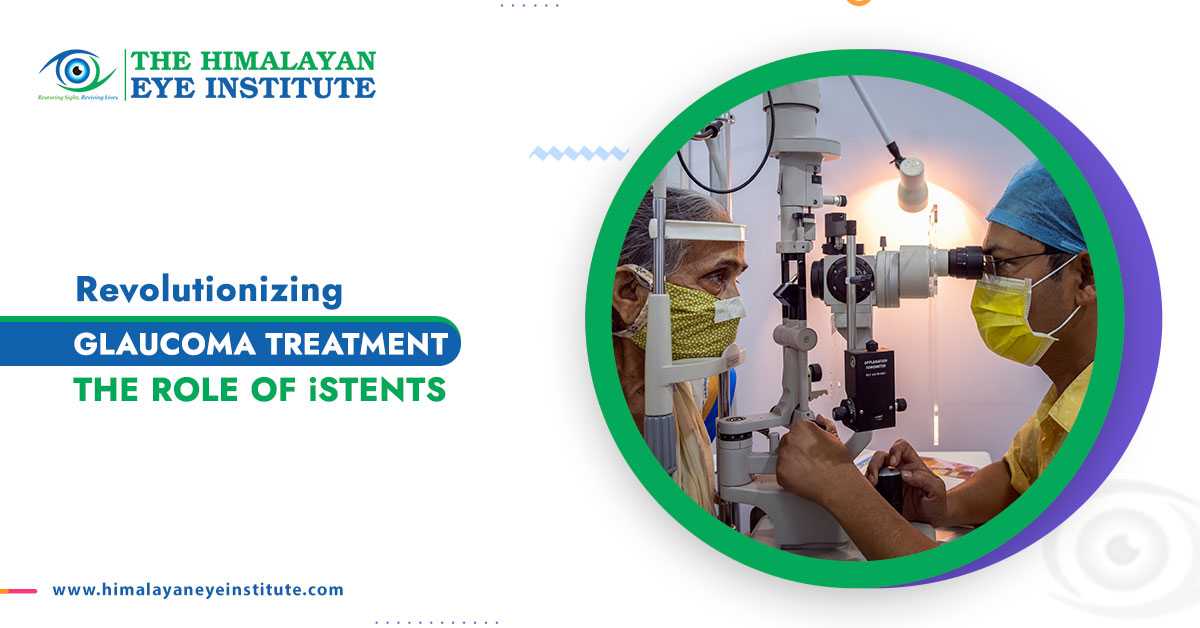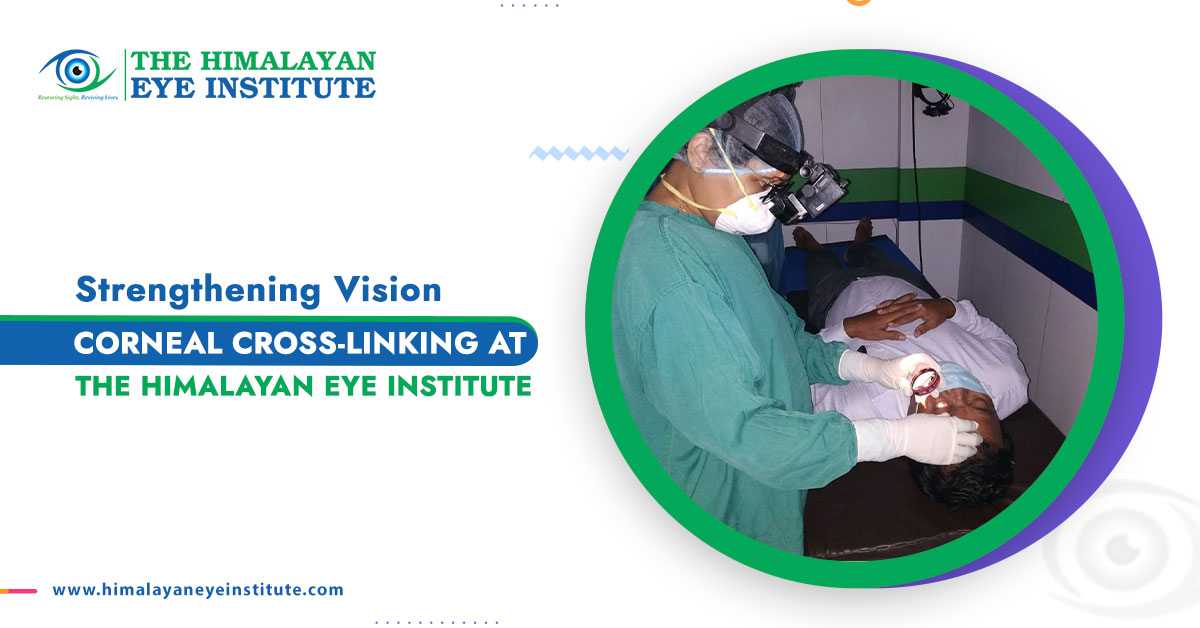LASIK is one of the most effective and advanced treatment for refractive error (power of the eye). LASIK (Laser-Assisted In Situ Keratomileusis) eye surgery is primarily performed to correct vision problems and reduce dependency on glasses or contact lenses.
Here's what LASIK can be used for:
1. Myopia (Nearsightedness): Corrects vision for those who have minus power and difficulty in seeing distant objects clearly.
2. Hyperopia (Farsightedness): Improves vision for those with plus power.3.Astigmatism: Corrects an irregularly shaped cornea that causes cylindrical power and blurred vision.
By reshaping the cornea, LASIK helps light entering the eye to be properly focused onto the retina, providing clearer vision.
However, your eye specialist will decide whether LASIK is ideal for you and your specific eye condition. The Himalayan Eye Institute in Siliguri has a leading expert in refractive surgery for LASIK treatment and offers facilities like Pentacam, the latest in diagnostic procedures.The Pentacam is an advanced corneal imaging system that provides a comprehensive analysis of the anterior segment of the eye. It uses Scheimpflug imaging technology to capture high-resolution images of the cornea from multiple angles, creating a detailed 3D model. This allows for precise measurements of the cornea's curvature, thickness, and topography.
What to Expect Before, During, and After LASIK Surgery
Before LASIK Surgery – PreparationsYour laser eye treatment begins with a comprehensive eye examination by a qualified ophthalmologist. During this exam, your eye doctor will evaluate several factors, including:
- The shape and thickness of your cornea by Pentacam
- Total Refractive error or power of the eye
- dryness of the eyes
- Your overall eye health.
This examination is crucial to determine if you are a suitable candidate for LASIK surgery. Conditions such as thin corneas, cataracts, diabetes, autoimmune diseases, immunodeficiency states, or severe dry eyes may exclude some patients.
LASIK Eye Surgery – Understanding the Risks and Benefits
Before proceeding, your eye doctor at the Himalayan Eye Institute will discuss the risks, potential side effects, surgery duration, recovery time, and expected outcomes with you. Don’t hesitate to ask any questions or express concerns.Once you decide to go ahead, a date will be fixed for the LASIK procedure, which will take place in Kolkata. You will have to travel to Kolkata for the procedure on the scheduled date.
Planning for the Day of LASIK Surgery On the day of your surgery, ensure you have someone to accompany you to Kolkata, as LASIK is usually an outpatient procedure. Your vision might be blurry immediately after surgery, so rest is essential on that day.
During LASIK Surgery – What Generally Happens
The procedure typically takes about 10 minutes per eye. Here’s what you can expect:
Numbing Your Eye: Your eye surgeon will use numbing drops to ensure you don’t feel discomfort during the procedure. You might still feel some pressure, but the surgery is pain-free.
Creating the Corneal Flap: Using a laser (Femto LASIK) or a microkeratome (Microkeratome LASIK), your surgeon will create a small hinged flap on your cornea. This allows access to the underlying corneal tissue for reshaping. In the more advanced SMILE procedure, no flap is made.
Reshaping the Cornea: In LASIK, An excimer laser is used to reshape the cornea by removing microscopic amounts of tissue, helping to correct your vision.
Repositioning the Flap: After reshaping, the flap is repositioned over the treated area, naturally adhering without the need for stitches. In SMILE, only femtosecond laser is used to create a lenticule which is then extracted from the cornea.
After LASIK Surgery – Recovery and Results: Post-surgery, your vision may be blurry or hazy, which may last 3-4 hours. You might experience mild discomfort like watering or redness. Your doctor may prescribe eye drops to manage discomfort and prevent infection.
Follow all post-operative care instructions, including attending follow-up visits and avoiding strenuous activities like swimming and heavy lifting.
Conclusion
LASIK can be life-changing, offering freedom from glasses or contacts. However, Your eye specialist will determine if LASIK is right for you, and other effective treatments are available for those who are not eligible.






